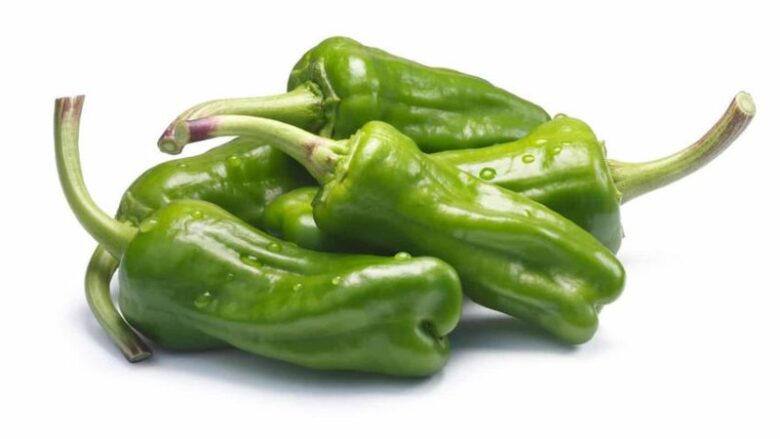Pepperoncini peppers are well-loved and commonly used ingredient mainly for the outstanding flavor they add to a variety of recipes. Hence, they are used in a number of recipes and dishes, from sandwiches to pizzas. It is very likely that you have eaten many these peppers until now as they are quite common in salads, pizzas, and Italian antipasto. It’s quite an easy task to find them and they are mild and incredibly tasty.
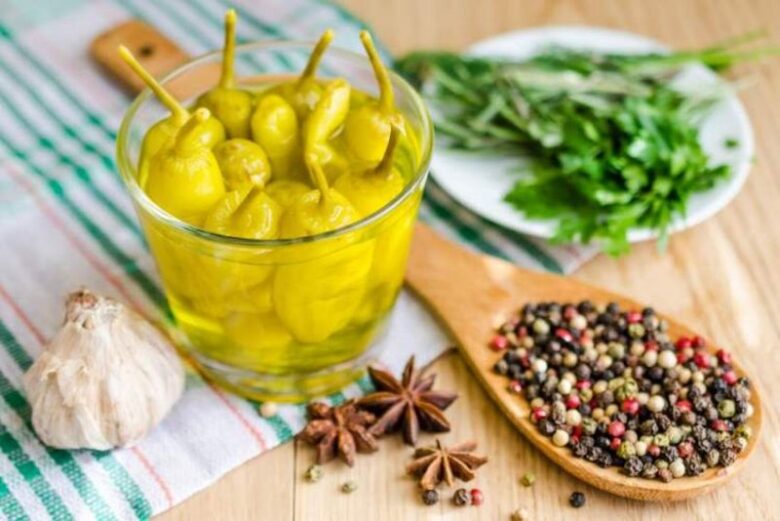
The Taste
These peppers mostly come in the pickled form and provide a dash of spicy flavor, which you’ll definitely love. Due to the slightly sweet heat tang, they add life to many meals. Pepperoncini peppers one of the most common ingredients used in antipasto. Even though they can be found in raw form and cooked with foods, it is the pickled pepperoncini which highlight the chili taste the most.
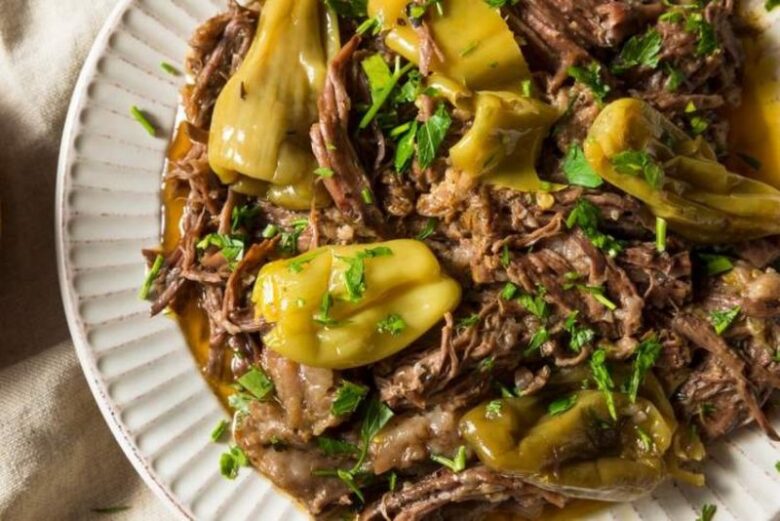
How Hot Are Pepperoncini?
If you don’t know exactly how hot pepperoncini peppers are, you should know that they are sweet and mild in flavor, but not very hot. Although they are often confused for Banana Peppers, they are not the same. On the Scoville Heat Scale, the peppers measure from 100 to 500 Scoville Heat Units, which is quite mild. Hence, they are roughly 50 times milder than jalapeno peppers.
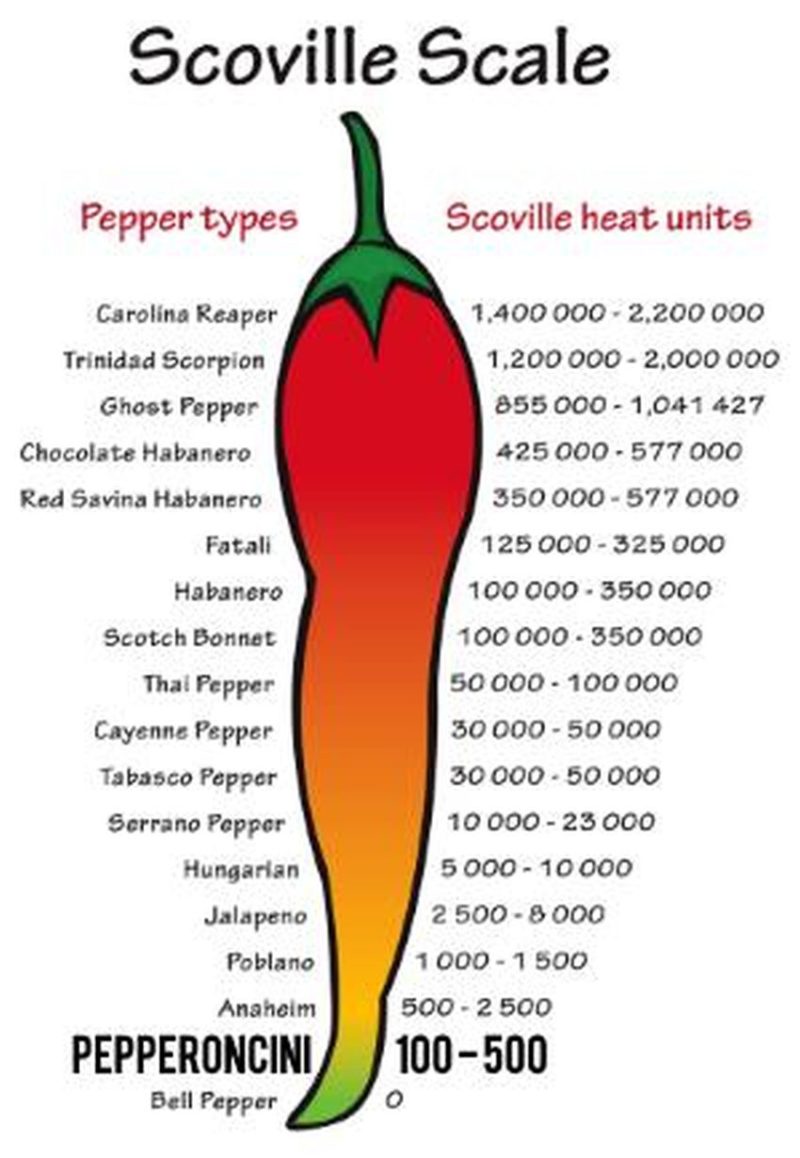
The Origin
They come from Europe, specifically Italy and Greece. These peppers have a number of names and you can find them as pepperoncini, friggitello, peperone, the golden Greek pepper, the Tuscan pepper, or the sweet Italian pepper.
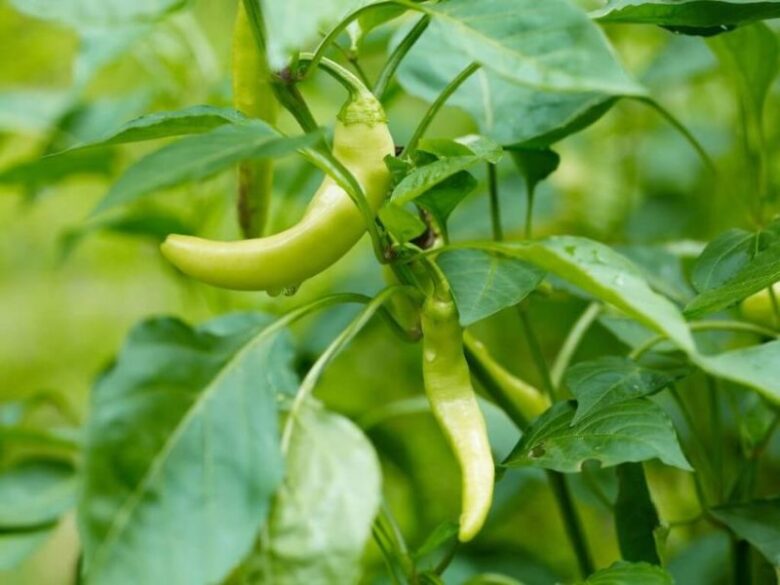
Description
Pepperoncini peppers are two to three inches long and will remind you of the Banana Peppers a lot. They are first light green, but when they ripen, they become red.
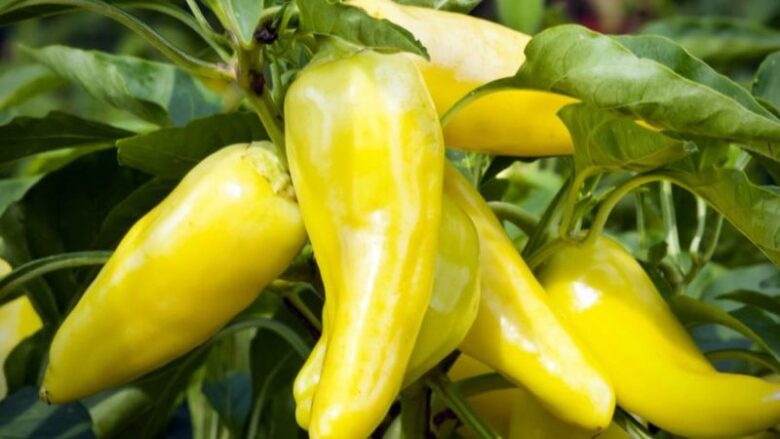
Nevertheless, the green variety is the most common for the pickled pepperoncini. In order to use them in your recipes, you can dice them or slice them into wheels.
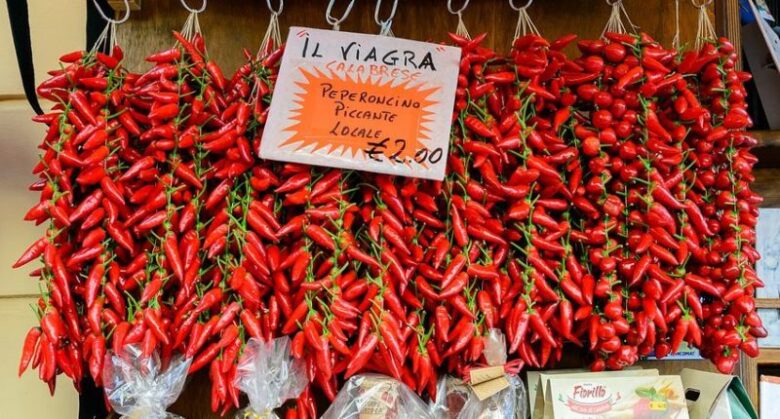
Where to Find These Peppers?
They are very easy to find and they are available in almost all grocery stores. You can almost always find them in the canned section alongside other pickled products. Moreover, you can also find them online, especially if you are looking for a specific Italian or Greek brand. The raw variety might be a bit harder to find, but you can grow them in your garden and later pickle them.
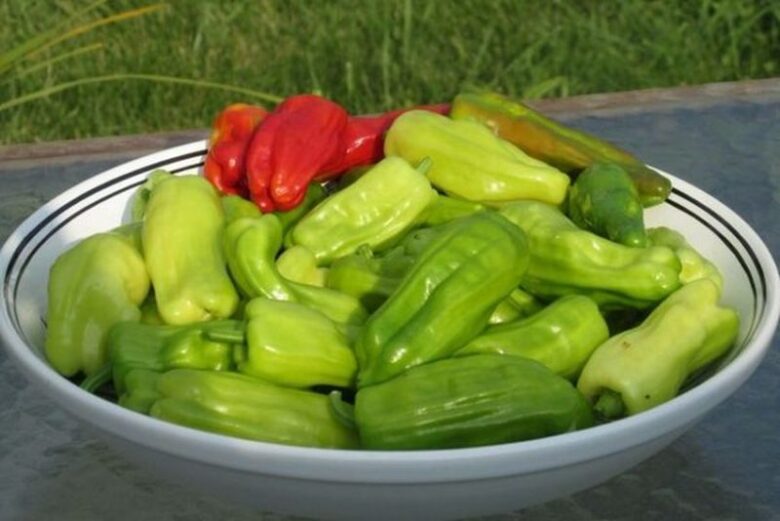
People Also ask:
What pepper is used for pepperoncini?
What is the difference between a banana pepper and a pepperoncini?
Is that healthy?
Is a pepperoncini a fruit or vegetable?
What can I substitute for pepperoncini?


